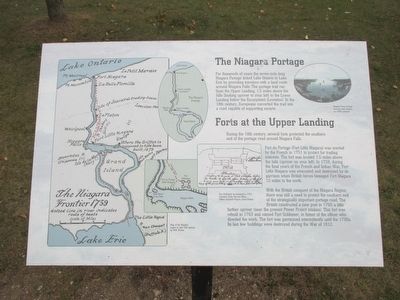Welcome to Dunleith, Delaware, a community rich in history and resilience. Situated just south of Wilmington, Dunleith holds a unique place in American history as the first subdivision in New Castle County specifically developed for African American veterans post-World War II. This community was founded in the early 1950s, a time when the Civil Rights Movement was gaining momentum, and African Americans were fighting for equality in all aspects of life, including housing.
The story of Dunleith begins with the Federal Housing Act of 1949, which aimed to provide ‘a decent home and a suitable living environment for every American family.’ However, due to a segregated housing market, this dream was out of reach for many African American veterans. In response, Delaware Community Homes Inc. purchased land from the du Pont family estate, specifically to create Dunleith Estates. Dunleith was named after the nearby du Pont mansion, symbolizing a new era of opportunity and community.
As you traverse the streets of Dunleith, you are walking through a living history. The streets are named after prominent African American figures like Jackie Robinson, Ralph Bunche, and George Washington Carver. This is a testament to the community’s pride and recognition of African American contributions to society.
In the 1950s, two churches were established here: Coleman Memorial Methodist Church and Community Presbyterian Church. These institutions quickly became the spiritual and social hubs of the community. Additionally, the Dunleith Community School opened in 1957, serving not only as an educational institution but also as a center for recreational activities, fostering a strong sense of community among residents.
Dunleith stands as a symbol of resilience and progress against the backdrop of America’s struggle for civil rights. It is a community built on the dreams of veterans and blue-collar workers who sought to provide better lives for their families. The legacy of Dunleith is one of perseverance and unity, a reminder of the journeys made toward equality and justice.
Today, Dunleith continues to be a thriving community, echoing the stories of those who first called it home. As you explore, remember the legacy of those who walked these streets before you, and how their dreams and determination have shaped this vibrant community.


